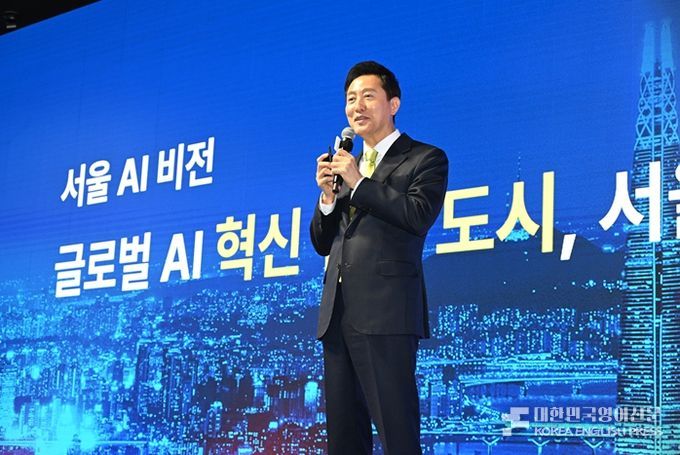
Currently, Korea is ranked 6th in the world in the national AI rankings, but in detail, while it is highly evaluated in items such as 'development' (3rd) and 'infrastructure' (6th), it is low in 'talent' (13th), 'research' (13th), and 'venture investment' (12th), so strategic support is needed, such as organizing a catch-up group to develop open AI or deep-seek AI technology.
(2024 Global AI Index (GAII)) : The GAII, published by Tortus Media in the UK, is the leading index cited when comparing national AI capabilities. In last year's report, which included 83 countries, Korea was ranked 6th in the world after the United States, China, Singapore, the United Kingdom, and France.
(BCG 2024) According to the 'AI Maturity' report released by global consulting firm Boston Consulting Group (BCG) in November last year, there are five AI leaders: the United States, China, Singapore, the United Kingdom, and Canada, and Korea is classified as a 'steady contender' in the second tier after the leaders.
In response, Mayor Oh proposed seven key strategic tasks for fostering the AI industry to leap to Seoul, the center of the three global AI powerhouses, including ▲ human resource development, ▲ infrastructure creation, ▲ investment expansion, ▲ convergence between industries, ▲ globalization, ▲ civic diffusion, and ▲ administrative innovation, under the policy of 'reorganizing all industries around AI'.
First, 10,000 AI talents (4,000 from youth employment academies and 6,000 from universities) will be trained annually to actively respond to the demand for AI manpower. Starting this year, a scholarship program for master's programs in AI and other science and technology fields (totaling KRW 600 million and supporting 60 students) will also be established and expanded every year to strengthen the Seoul-type talent discovery support system.
Starting with the Yeongdeungpo Campus in 2021, the Youth Employment Academy, which currently operates 20 campuses, has established itself as a top-notch IT-SW education and training institution, having graduated more than 7,000 digital innovation talents and recorded a cumulative employment rate of 75%. This year, the school plans to complete the construction of 25 campuses and reorganize the curriculum to foster AI talent, making it a base for fostering AI core and convergence talent.























